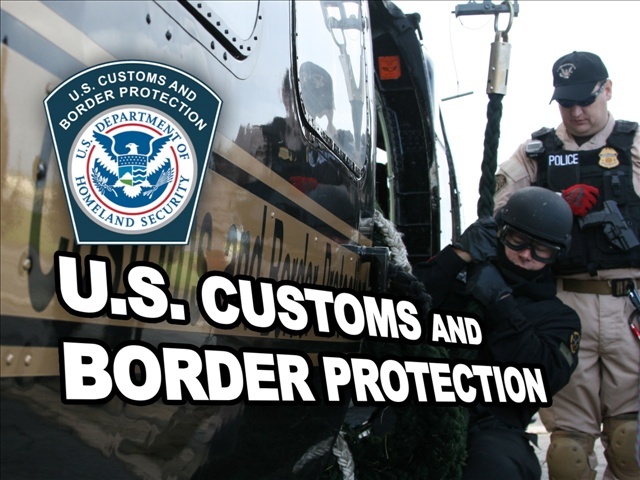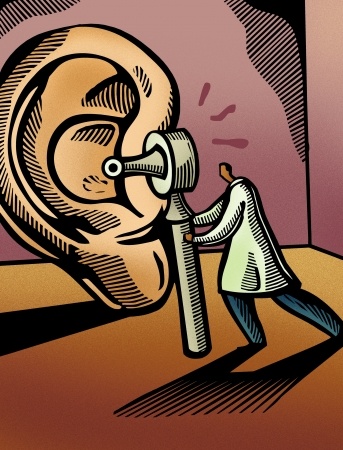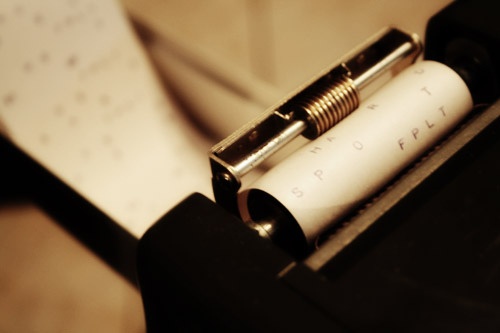
CBPGuy
7 Years Experience
SouthWest, US
Male, 25
I am a U. S. Customs and Border Protection Officer on the southwest border between Mexico and the United States. I know the ins and outs of the job as seen on TV/News and things intentionally hidden from the media! There's more to this job than "Anything to declare?" I dont know all but I'll do my best to answer any questions you have! All answers are my opinion, and my opinion only!
Yes. People forget that we are law enforcement officers. We handcuff people for a number of reasons, it does not necessarily mean your under arrest. If I think it'll be safer for everyone if i handcuff you before I search your car, I am completely justified in doing so. We must always take officer safety into account. If your twice my size and intoxicated, I am going to handcuff you so the situation does not turn ugly.
If that is your only criminal arrest in the United States, then you should be fine. You will most definitely be sent to Secondary Inspection where they will review your criminal record. The reason for this is to see if you have anything else in your history which would bar you from entering the United States.
Plan accordingly, depending on the time of day and the amount of travelers, you may be in Secondary for an hour or more.
Under the Law Enforcement Officers Safety Act (LEOSA), we are allowed to carry any personal firearm that can be concealed. Generally, this means pistols/revolvers. You are not required to carry only your duty weapon.
I'm not sure of any tests you mean for your personal firearm. I have carried my personal firearm off duty since day one without taking any tests.
For work purposes, you are only allowed to carry, on duty, agency issued weapons. If it is not agency issued, you should not have it. However, some POE's may have different policies in regards to that due to being out in rural areas. I have been to a couple POE's and the rules have been the same (Agency issued only).
Audiologist
 Can just one loud concert do serious damage to your ears?
Can just one loud concert do serious damage to your ears?
Court Reporter
 If your special keyboard lets you type 200+ words per minute, why doesn't everyone use them?
If your special keyboard lets you type 200+ words per minute, why doesn't everyone use them?
Day Trader
 In trading, does an educated person have an advantage over an uneducated one?
In trading, does an educated person have an advantage over an uneducated one?
When I went through FLETC, we had 1 to 2 classes graduating every week. Now its slowed down a bit, so its about 1 a month. FLETC is 4.5 months long, not including 6 weeks of Spanish training. In CBP, all armed positions and Agriculture Specialists go to FLETC, the others do not.
Everyone who gets arrested in the United States (visitor or not) is assigned a permanent FBI number tied to their fingerprints. This number is assigned the moment they take your fingerprints at the police station. When you scan your fingerprints on primary, it sends an alert telling us that you have something derogatory with your fingerprints. It is the job of the Officer in secondary to determine what that is and if it is enough to deny you entry.
You will always go back to secondary unless the FBI expunges your record.
As a GS-12 (pay scale), I earn about $110,000 a year with overtime. The pay scale goes like this:
GS-5 (first year) = $35,000GS-7 (second year) = $43,000GS-9 (Third Year) = $52,000GS-11 (Fourth Year) = $62,000GS-12 (Fifth Year) = $76,000
After you hit GS 12, every year or so you get a raise of about $2,000 to $3,000. All the numbers mentioned above are approximate and include my additional locality pay.
-OR-
 Login with Facebook
Login with Facebook (max 20 characters - letters, numbers, and underscores only. Note that your username is private, and you have the option to choose an alias when asking questions or hosting a Q&A.)
(A valid e-mail address is required. Your e-mail will not be shared with anyone.)
(min 5 characters)
By checking this box, you acknowledge that you have read and agree to Jobstr.com’s Terms and Privacy Policy.
-OR-
 Register with Facebook
Register with Facebook(Don't worry: you'll be able to choose an alias when asking questions or hosting a Q&A.)